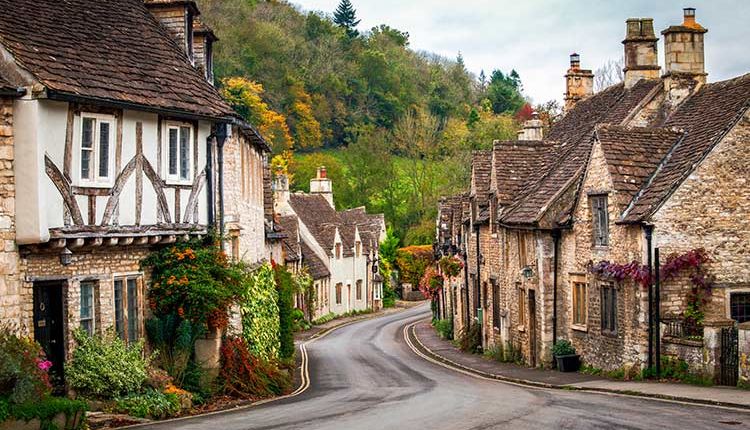Car buying can be a big financial commitment. After all, you’ll either own it outright or build equity in it as you pay down a car loan. People often wonder when the best time to buy a car is. Here are some tips to help you make the right choice:
1. Check The Mileage
When shopping for a used car, mileage can be an important factor to consider. However, it’s also essential to consider how the car was driven and under what conditions. For example, if the car was mostly driven in city traffic, it may have more wear and tear than a vehicle that was driven on highways. Also, be sure to carry out a number plate check to verify the mileage history.
2. Check The Condition
A vehicle’s condition can reveal important information about how it was cared for. Look for things like stains and smells. A ding in the door or tire that looks worn could indicate an accident. Check the lug nuts on the tires and for curb rash. Also, see if the car drives in a straight line. If it doesn’t, that can be a sign of suspension damage.
3. Check The Warranty
Whether you’re buying a new or used car, make sure you’ve done your homework on the sale price and warranties. Also, make an appointment for a test drive and take the car on different roads to see how it performs. If the dealer is selling the car “as is,” check the Buyers Guide for warranty information. Any verbal promises or disclosures in your contract may conflict with the warranty.
4. Check The Service History
A full service history is a good sign that the vehicle was well-maintained by its previous owners. It can also help you avoid costly repair bills in the future. However, don’t immediately rule out a car that doesn’t have a full service history. There are many legitimate reasons for missing service records, such as losing the service book or moving house.
5. Check The Safety Features
Many newer cars come with a variety of safety features. It’s important to make sure that any used car you’re considering has these safety features. Some of these safety features include blind-spot monitoring. This feature will warn you when another vehicle is in your blind spot by a light or sound. Forward collision warning is another great safety feature. This will detect any upcoming hazards and can even apply the brakes if needed.
6. Check The Fuel Economy
Fuel economy is a big consideration for many car shoppers, especially when the price of gasoline keeps rising. Buying a vehicle with good gas mileage can help you save on running costs and reduce your carbon footprint. Be mindful of your driving habits too, as aggressive driving can lead to higher fuel consumption. Also, ensure that your tyres are always properly inflated as this can lower your fuel consumption by one to two percent.
7. Check The Reliability
It’s a good idea to test drive cars before buying them. This will help you find a vehicle that fits your needs and lifestyle. It will also help you avoid getting scammed or paying more than the car is worth. Also, be sure to check the reliability of the vehicle. You should look at things like the design of the vehicle, its crashworthiness and how easy it is to operate.
Conclusion
Buying a car is an investment with long-term financial implications. It’s important to be well-prepared before you step foot in a dealership. Learn to avoid classic car-buying mistakes to save money. Research models, shop for loans and go to the dealer with preapproval so you have negotiating power.

